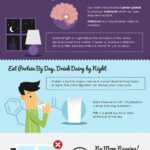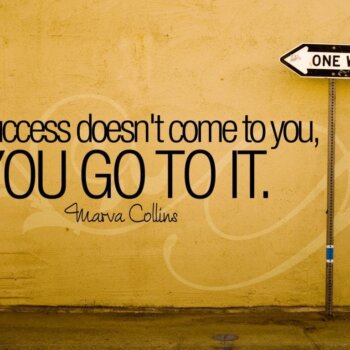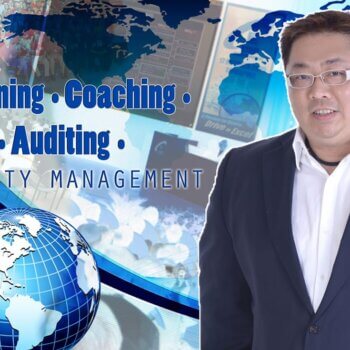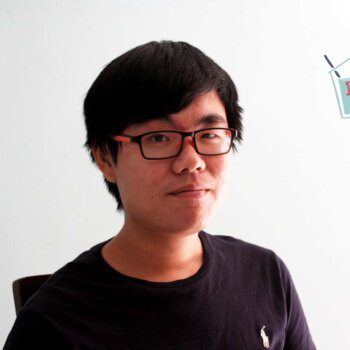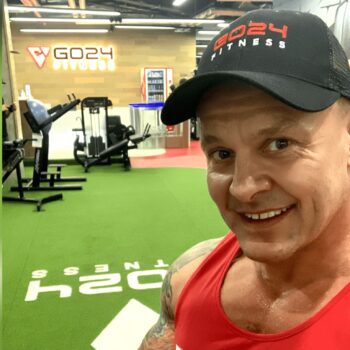I am a huge believer that the banking and finance industry is about to be tipped on its head. Companies like WeChat offering banking services and then the rise of crowdfunding and peer-to-peer lending services such as Pawel have setup are completely changing the power dynamic and offering business owners a much more compelling way forward. Enjoy the interview.
What’s your story?
I started my career as a consultant with McKinsey & Company in Europe and Africa. Then I moved to Rocket Internet, global venture builder, to build their portfolio companies in Southeast Asia. Last year I started my current business, Capital Match. Capital Match is a peer-to-peer lending online marketplace to SMEs. Peer-to-peer lending is essentially banking without a bank as an intermediary – investors lend money directly to companies with Capital Match facilitating the transactions by providing credit risk assessment, legal documentation and debt collection services.
What excites you most about your industry?
Its enormous growth potential. Peer-to-peer lending industry in the US, UK or China is still relatively small compared to entire banking industry in retail and commercial banking (max. 1-2% market share) but growing very fast due to its attractive value proposition to both savers and borrowers. It is exciting to see that you can actually offer your customers service that they truly value while operating in such a mature industry.
What’s your connection to Asia?
First it was a job, but from last year it’s primarily my Singaporean wife. In 2012 I joined Rocket Internet and came to Singapore to build their fashion business in the region, Zalora. It was at Zalora that I met my future wife. We got married last year, just bought our HDB and are planning a family in the near future. My current business is based in Singapore and it will take me another 5-10 years to build it. So Singapore became my new home.
Favourite city in Asia for business and why?
Definitely Singapore. Ease of doing business, friendly tax and legal environment, corporate and financial hub for Southeast Asia, and green, comfortable living.
What’s the best piece of advice you ever received?
To have faith in your convictions and not to give up. What often distinguishes successful entrepreneurs are their belief in what they endeavour to accomplish, the risk they take to make it happen and the determination to follow through.
Who inspires you?
Elon Musk. He built PayPal and is now managing three multi-billion dollar businesses: Tesla Motors (electric cars manufacturer), SpaceX (private space company) and SolarCity (industrial solar power plant developer). And he is 43. It is truly inspiring that a single man could have accomplished that much in a number of so diverse fields.
What have you just learnt recently that blew you away?
The cost of buying HDB for a Singaporean/PR couple! You cannot get it cheaper anywhere else in the world. Not in terms of total price, though it’s still way lower than in other global cities like London or NYC, but in terms of upfront payment and mortgage cost with both highly subsidized by CPF. The government makes a fantastic job helping young Singaporeans own their first nest.
If you had your time again, what would you do differently?
I have had a great life and career so far. I’m grateful for everything I got and accomplished. Perhaps it could have been better, but I don’t regret anything and just look to the future.
How do you unwind?
I watch movies with my wife, play sports and read books, although I have neglected the last one recently. I have lost my Kindle where I usually have 10-15 books open so it’s not that convenient anymore to read at any spare moment.
Favourite Asian destination for relaxation? Why?
I really like travelling to Ho Chi Minh. A French, colonial atmosphere, great food and warm people make it a truly enjoyable stay whenever we visit HCMC with my wife.
Everyone in business should read this book:
“Antifragile” by Nassim Taleb. Nassim Taleb is a mathematician turned trader turned scholar who is one of the greatest intellectuals of our times. He popularized the concept of “black swan” that stands for low probability, high impact events that only few foresee, but that become obvious to everyone in hindsight. The lesson of “Antifragile” for everyone in business is to always try to understand what those “black swans” in your life could be and position yourself to benefit from their impact, which should come at a lower cost and risk that is commonly believed. Entrepreneurs are the people who are best positioned to benefit from “black swans” or, as the author would call them, they are “antifragile”. A life-changing book.
Shameless plug for your business:
“You run a small business, need working capital but no bank wants to work with you? We will help you. Or perhaps you have surplus savings, but stockmarket seems to be erratic, real estate is either too hot or there are few attractive opportunities, and you have few other ideas how to generate healthy return? We will open ways for you to make 15-20% per year. Short commitments and no obligation.” That sounds a little bit shady, right?
How can people connect with you?
E-mail is the most convenient. I’m a little bit old-fashioned using BlackBerry but that keeps me connected to my business and private life 24/7. I can be reached at [email protected]
—
This interview was part of the Callum Connect’s column found on The Asian Entrepreneur:
Callum Laing has started, built, bought and sold half a dozen businesses in a range of industries across two continents. He is the owner of Fitness-Buffet a company delivering employee wellness solutions in 11 countries and he is also the CEO of Entrevo Asia, a company that runs 40 week Growth Accelerator programs.
Take the ‘Key Person of Influence’ scorecard <http://www.keypersonofinfluence.com/scorecard/>
Connect with Callum here:
twitter.com/laingcallum
linkedin.com/in/callumlaing
Get his free ‘Asia Snapshot’ report from www.callumlaing.com



